Tough Enough
Arbus, Arendt, Didion, McCarthy, Sontag, Weil
DEBORAH NELSON
The University of Chicago Press
Chicago and London
The University of Chicago Press, Chicago 60637
The University of Chicago Press, Ltd., London
2017 by The University of Chicago
All rights reserved. No part of this book may be used or reproduced in any manner whatsoever without written permission, except in the case of brief quotations in critical articles and reviews. For more information, contact the University of Chicago Press, 1427 East 60th Street, Chicago, IL 60637.
Published 2017
Printed in the United States of America
26 25 24 23 22 21 20 19 18 17 1 2 3 4 5
ISBN-13: 978-0-226-45777-2 (cloth)
ISBN-13: 978-0-226-45780-2 (paper)
ISBN-13: 978-0-226-45794-9 (e-book)
DOI: 10.7208/chicago/9780226457949.001.0001
The University of Chicago Press gratefully acknowledges the generous support of the Humanities Visiting Committee at the University of Chicago toward the publication of this book.
Library of Congress Cataloging-in-Publication Data
Names: Nelson, Deborah, 1962 author.
Title: Tough enough : Arbus, Arendt, Didion, McCarthy, Sontag, Weil / Deborah Nelson.
Description: Chicago : The University of Chicago Press, 2017. | Includes bibliographical references and index.
Identifiers: LCCN 2016054300 | ISBN 9780226457772 (cloth : alk. paper) | ISBN 9780226457802 (pbk. : alk. paper) | ISBN 9780226457949 (e-book)
Subjects: LCSH: Weil, Simone, 19091943. | Arendt, Hannah, 19061975. | Sontag, Susan, 19332004. | MacCarthy, Mary, 18821953. | Arbus, Diane, 19231971. | Didion, Joan. | Toughness (Personality trait) | AestheticsPsychological aspects. | Suffering in literature. | Suffering in art.
Classification: LCC PS151 .N45 2017 | DDC 810.9/9287dc23 LC record available at https://lccn.loc.gov/2016054300
 This paper meets the requirements of ANSI/NISO Z39.48-1992 (Permanence of Paper).
This paper meets the requirements of ANSI/NISO Z39.48-1992 (Permanence of Paper).
For Judy Nelson
In Memoriam
Contents
AI : Susan Sontag, Against Interpretation and Other Essays
CSK : Mary McCarthy, The Company She Keeps
DAA : Diane Arbus: An Aperture Monograph
EJ : Hannah Arendt, Eichmann in Jerusalem: A Report on the Banality of Evil
GG : Simone Weil, Gravity and Grace
IAM : Susan Sontag, Illness as Metaphor
JP : Hannah Arendt, The Jew as Pariah
LOTM : Hannah Arendt, The Life of the Mind
OP : Mary McCarthy, Occasional Prose
OPS : Susan Sontag, On Photography
OR : Hannah Arendt, On Revolution
OT : Hannah Arendt, Totalitarianism: Part Three of The Origins of Totalitarianism
OTC : Mary McCarthy, On the Contrary: Articles of Belief, 19461961
OV : Hannah Arendt, On Violence
PHA : The Portable Hannah Arendt
R : Diane Arbus, Revelations
RJ : Hannah Arendt, Responsibility and Judgment
SOF : Mary McCarthy, Stones of Florence
SRW : Susan Sontag, Styles of Radical Will
STB : Joan Didion, Slouching towards Bethlehem
SWR : The Simone Weil Reader
WA : Joan Didion, The White Album
YMT : Joan Didion, The Year of Magical Thinking
Tough Enough
To name a sensibility, to draw its contours and to recount its history, requires a deep sympathy modified by revulsion.
SUSAN SONTAG , Notes on Camp
This is a book on women writers, intellectuals, and artists who argued passionately for the aesthetic, political, and moral obligation to face painful reality unsentimentally. These may seem like a strange cast of characters to call to your aid during a crisis, but here they are: Simone Weil, while less well known than the others, achieved a cultlike status in the early postwar religious revival for her austere and unconventional mystic Christianity; Hannah Arendt was one of the most important political philosophers of the twentieth century, and her star has risen only higher the further we get from her own moment; Mary McCarthy, well known in her own day as a novelist and a critic, remains a figure of note in American literary history primarily for her autobiographies and her best-selling novel The Group; Susan Sontag was the most famous public intellectual of the late twentieth century, an icon in popular culture, and a controversial but highly regarded critic of the arts and politics, although less well regarded for her own artistic practice; Diane Arbus was one of the postwar eras most influential photographers and artists; and Joan Didion, after a long and successful career as a journalist, novelist, and screenwriter, became a celebrity upon the publication of her memoir The Year of Magical Thinking and its Broadway adaptation with Vanessa Redgrave. Though these women are hardly unfamiliar to contemporary readers or scholars of the late twentieth century, they do not constitute a recognizable group, and it is likely that few readers will be familiar with all of them. Moreover, they would not have appreciated being classed by their gender, however much they might have found the adjective tough accurate.
For years I called this book Tough Broads, which conveyed something of the aggressiveness I will talk about in the following chapters. Unfortunately, tough broads suggested the self-possessed, witty, and flirtatious Mae West rather than the dour Simone Weil or the cool, remote Joan Didion. However sexually charismatic some of these women were in their personal livesSontag and McCarthy notoriously sonone of them wrote prose that could be considered flirtatious or seductive. They are grouped together here in this book for the similarities of style and outlook they shared on the questions of suffering and of emotional expressivity that preoccupied the late twentieth-century United States and, in many ways, continue to do so now. What makes them tough is their self-imposed task of looking at painful reality with directness and clarity and without consolation or compensation. All of them have been called unsentimental by some reviewer for their practice of facing facts or difficulties realistically and with determination, the definition of unsentimental according to Websters Online Dictionary (which also lists tough as a synonym). However, had I called this book Unsentimental Women, the term would automatically have conferred praise. This default admiration for unsentimentality (its always clear-eyed! and refreshing! or, more soberly, unflinching) derives from our failure, paradoxically, to take it very seriously. Unsentimentality has no critical history, certainly not the volumes that sentimentality does, even while it has been the default style of serious and important aesthetic work since the advent of modernism in the early twentieth century. Moreover, in the ways that unsentimental is reflexively applied in reviews or criticism, it appears to derive more from character than from philosophy, more from temperament than from strategy. After all, most writers would prefer their writing to be refreshing rather than stale, clear-eyed rather than myopic. But the connotations of unsentimental go further to suggest probity, bravery, even heroism, as if writing with an abundance of feeling displayed a writers moral laxity or psychological and intellectual weakness. Under the banner of a heroic engagement with painful reality, unsentimental writing would appear immune from failure.

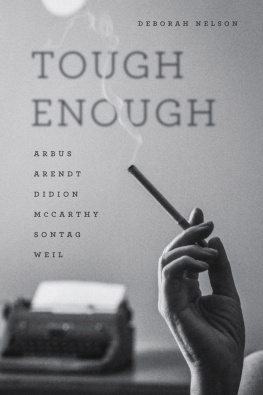
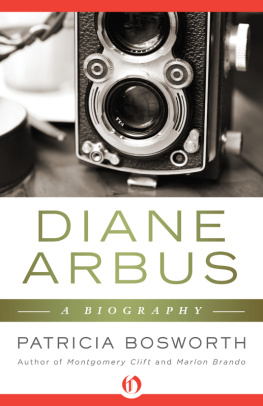

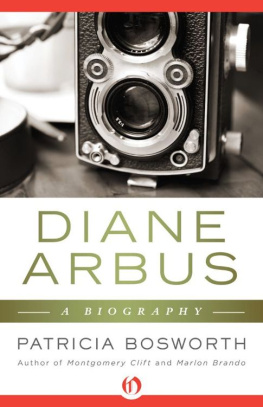
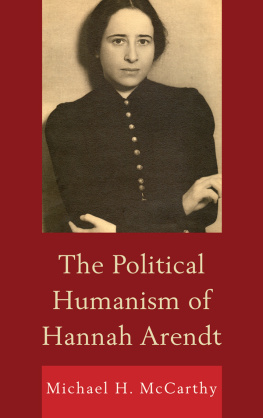
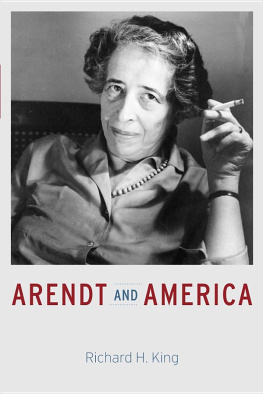
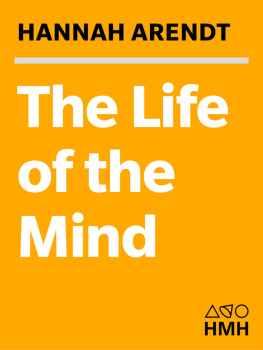
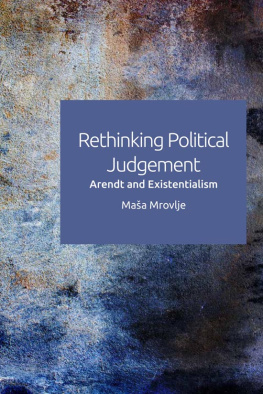

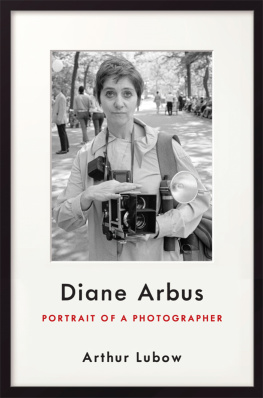
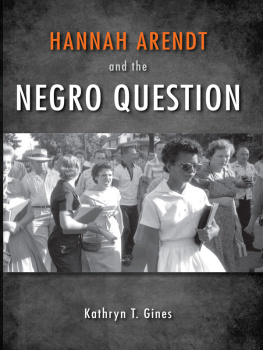
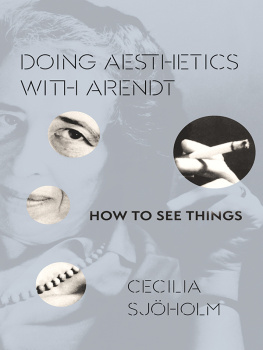
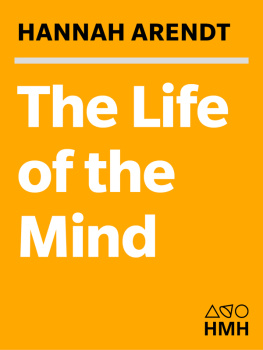

 This paper meets the requirements of ANSI/NISO Z39.48-1992 (Permanence of Paper).
This paper meets the requirements of ANSI/NISO Z39.48-1992 (Permanence of Paper).